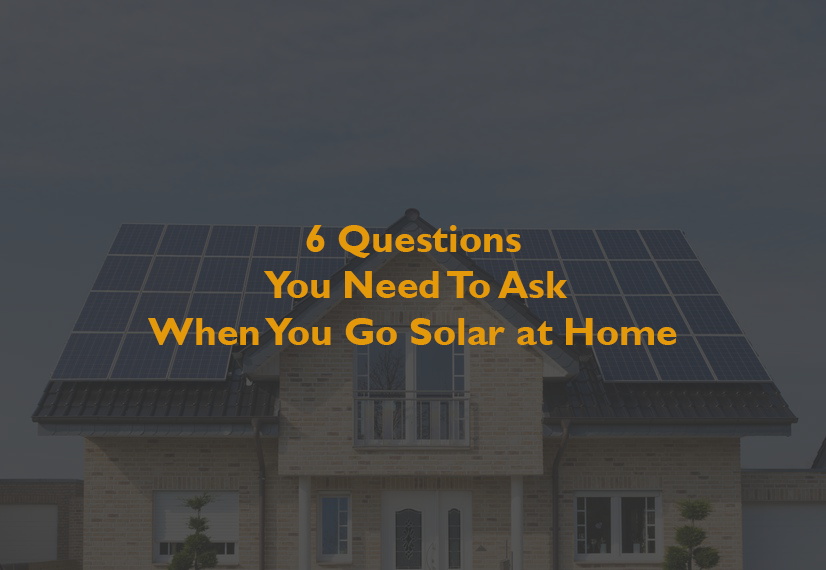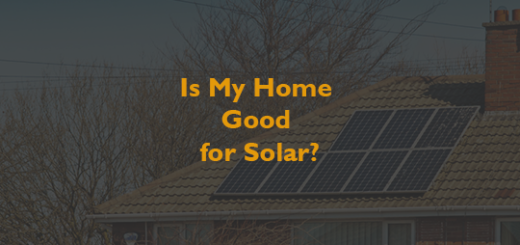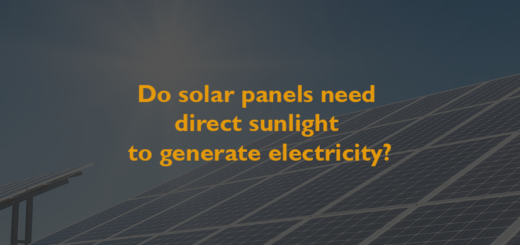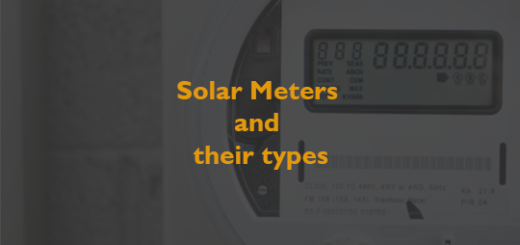6 Questions You Need To Ask When You Go Solar at Home

If you’ve ever thought about going solar, there are some questions you might have as you get started on your research. With these quick answers you can gain solar expertise that helps power your renewable, affordable energy dreams to the next level.
How much solar power do I need?
Start by looking at your current electric bill and the average amount of energy you’re using or paying for each month. Talk with a solar advisor about your energy needs and any changes you see happening in the future that may affect your energy use, like a growing family.
How long will installation take?
Typically, solar panel installations only take 1-3 days! While smaller homes can be done in a day, you’ll want to plan for 1-2 months of planning and design with a qualified team of engineers and solar experts.
What is my potential return on investment?
You will likely see a return on your investment from the first financing payment, which tends to be lower than what you pay for energy before solar. The money alone is a great barometer for how much you will want to spend on your system. Financing is often less each month than your energy bill, and once it’s paid off, you own your system free and clear.
Are there available tax incentives?
The solar investment tax credit (ITC) is a 26% credit on the cost of your solar energy system—if it’s installed in the next two years. This can help bring the cost down of your solar panels.
What are the warranties available on labor and parts?
Always check the warranties on solar panels, installation, and solar battery storage. The lifespan of a solar energy system is 25 years, so you’ll want to stick with products that stand up to this test of time.
Should you go 100% off grid or maintain a connection?
On grid or totally off, that’s a choice you and your solar installer can make when you assess your home’s rooftop or ground capacity, and your needs. With battery storage and the right amount of panels, it’s possible for most homes to go off grid. If you maintain a connection to the electric utility, it may be possible to take advantage of net metering, a program that allows you to sell your excess energy back to the grid for credits on your bill. That’s money in your pocket that can reduce your system’s overall costs.



